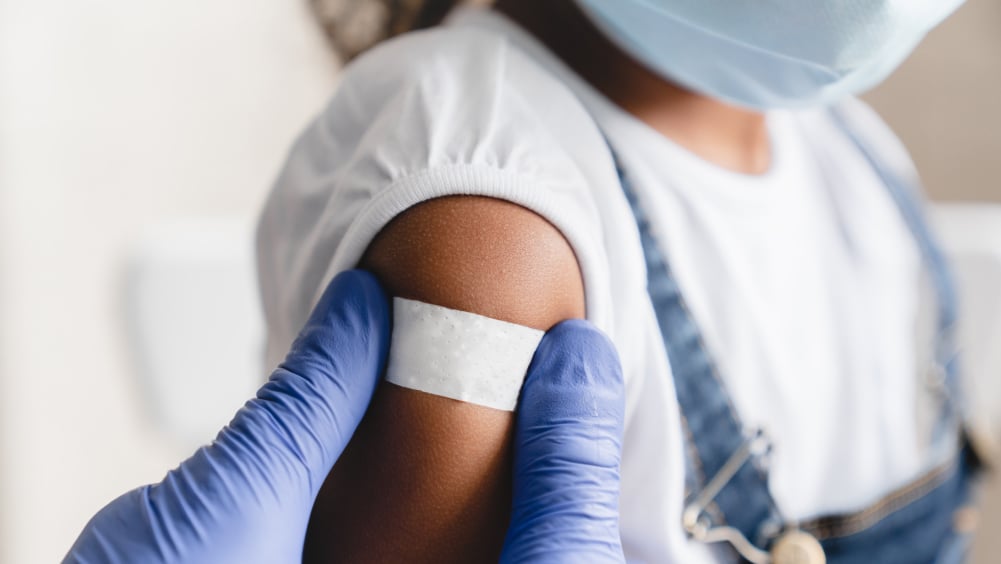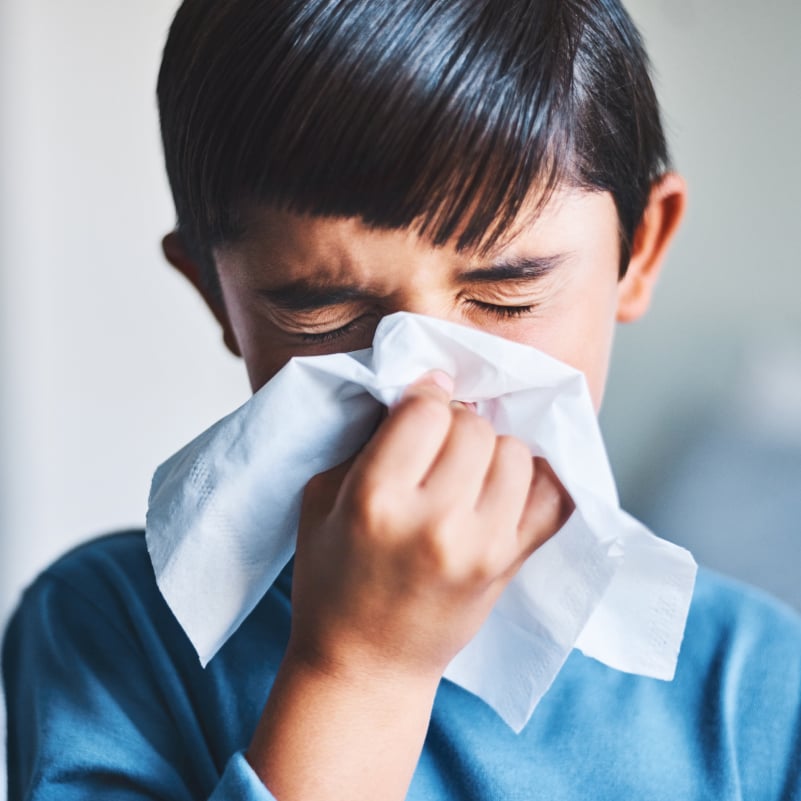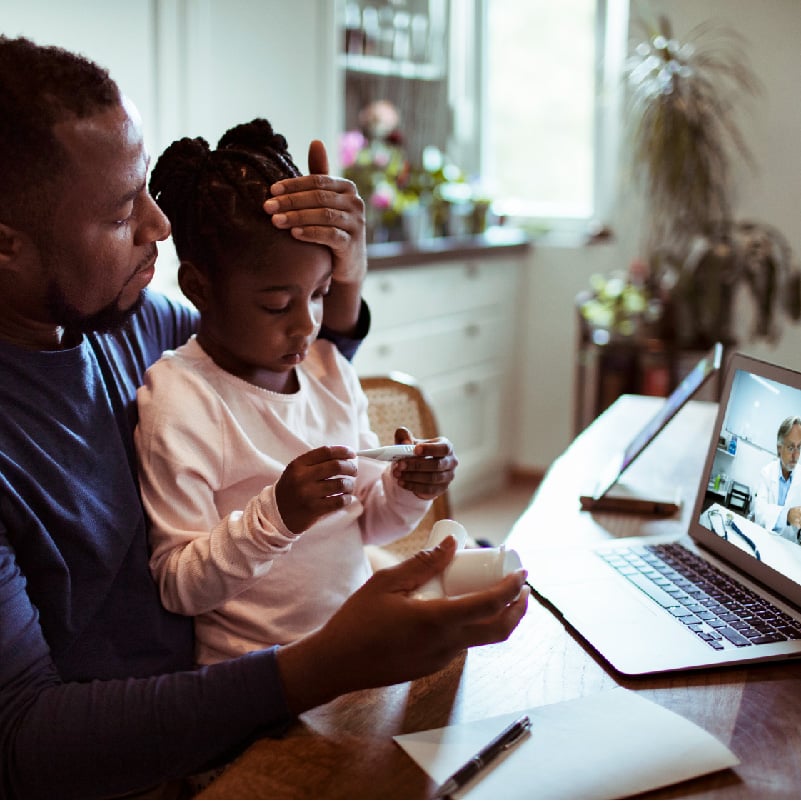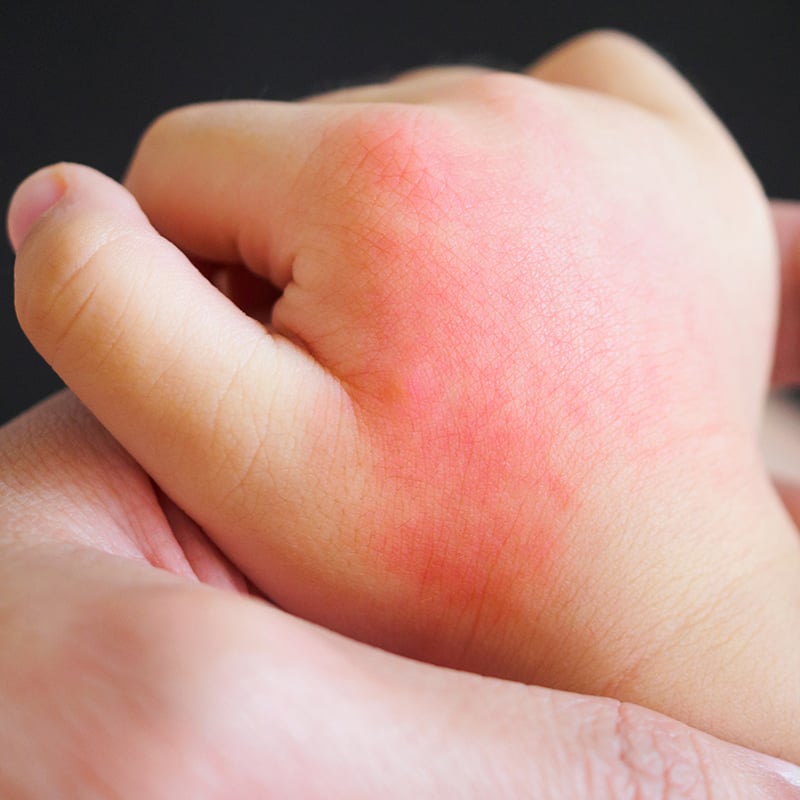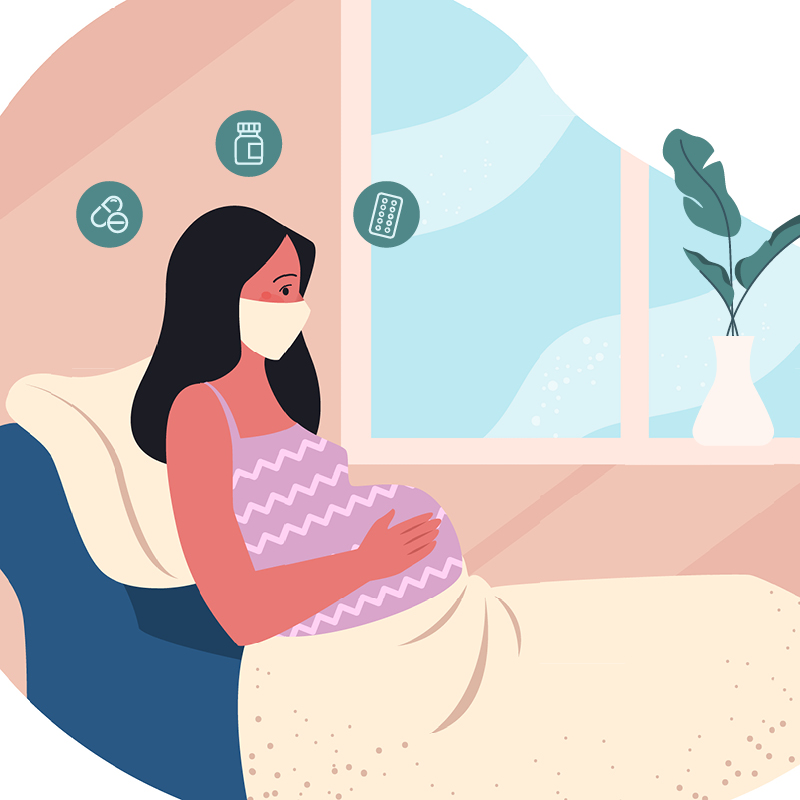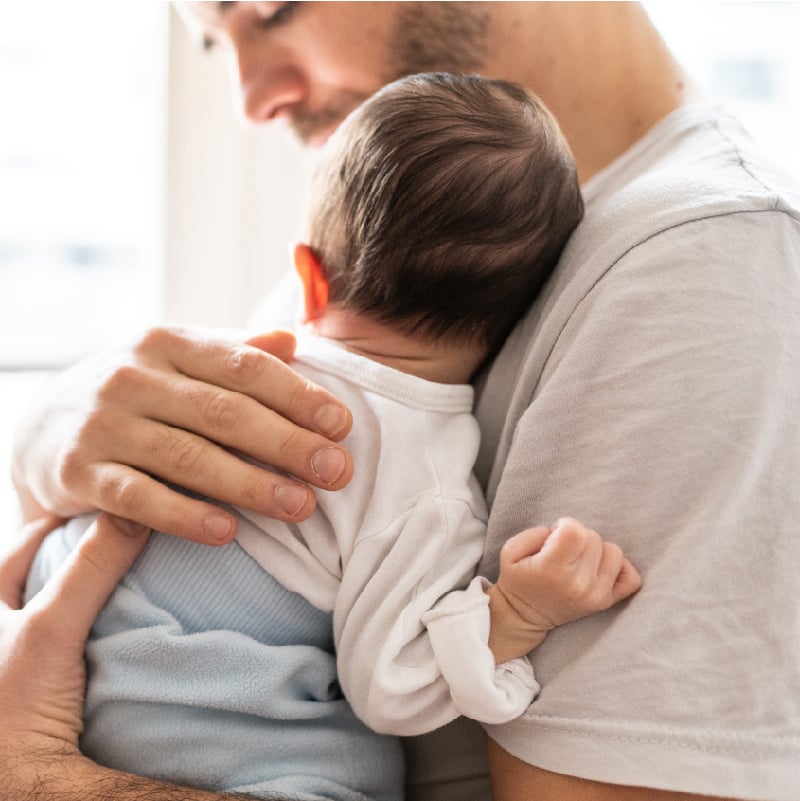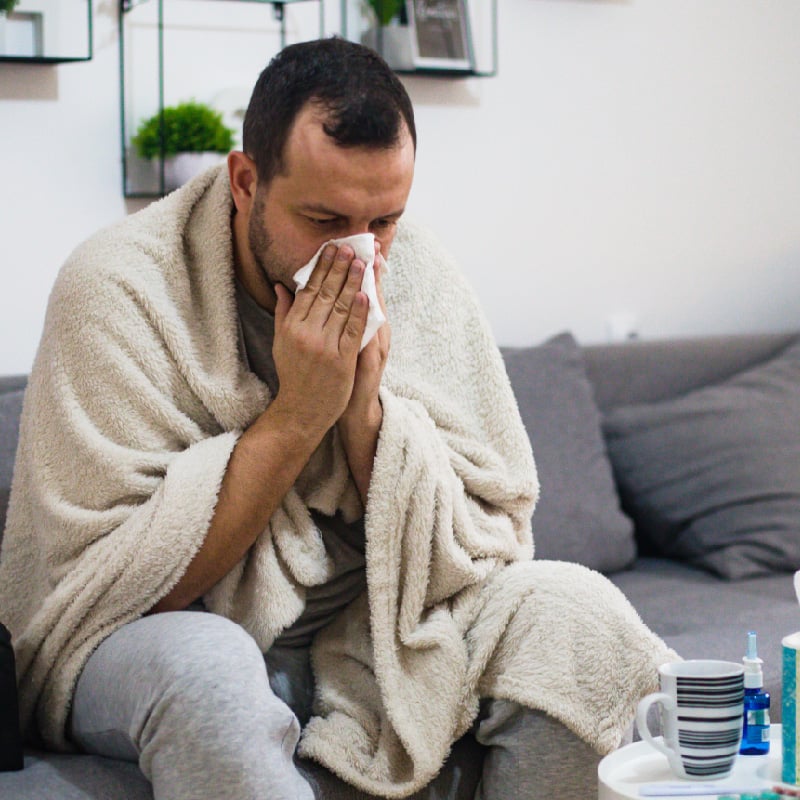In recent years, standard vaccination rates for children have plummeted. The World Health Organization reports 25 million children missed out on lifesaving vaccines in 2021 alone.
The Advisory Committee on Immunization Practices (ACIP) recommends children entering a school setting be immunized against several diseases. As millions of children get ready to return to classrooms in the fall, parents may be checking to see if they are up to date on these required immunizations.
Andrea Hernady, MD, is the lead physician at Penn Fair Pediatric Group with Rochester Regional Health and explains the immunization requirements for schools and how each vaccine protects a child.
Required immunizations
In New York, children in any public, private or parochial child caring center, day nursery, day care agency, nursery school, kindergarten, elementary, intermediate or secondary school setting must meet the vaccination requirements. There are medical exemptions allowed for eligible children; religious exemptions do not apply as of 2019.
There are seven immunizations required for children entering pre-kindergarten:
- Diphtheria, Tetanus and Pertussis (DTap)
- Polio
- Measles, Mumps, and Rubella (MMR)
- Hepatitis B
- Varicella (chickenpox)
- Haemophilus influenzae
- Pneumococcal Conjugate (PCV)
Once students reach the sixth grade or age 11, the Tetanus, Diphtheria, and Pertussis (Tdap) vaccine is required. Seventh-grade students need to have the Meningococcal Conjugate (MenACWY) vaccine, as well. This falls in line with the child vaccination schedule created by the CDC, which is followed by all Rochester Regional Health Pediatrics offices.
“As we enter the back-to-school season, it is important to make sure children are up to date on their vaccines – not only the standard ones, but the strongly-encouraged influenza and COVID-19 vaccines as well,” Dr. Hernady said.
Children ages 5 years and older will require two doses of the COVID-19 vaccine. This means it takes eight weeks from the first dose until the two weeks after receiving the final dose for the vaccine to have its maximum protection effect. For children ages 6 months to 4 years, the COVID-19 vaccine series is three doses, which takes 11 weeks to complete.
Protecting children’s health
Over the last two years, there has been a larger decline in child immunizations than in the last ten years combined – which is partially due to the COVID-19 pandemic, according to CDC data.
All of the vaccines listed above have been vigorously studied and reviewed and been determined to be safe and effective. Doctors and medical providers have administered these vaccines to hundreds of millions of people.
"We did see an increase in some preventable disease within the last several years when people stopped vaccinating for the measles, mumps, and rubella (MMR) vaccine,” Dr. Hernady said. “There were some people who were not vaccinating for that. We did see a rise in both measles and mumps outbreaks, which we hadn’t seen in years.”
The American Academy of Pediatrics strongly encourages child immunizations as “a safe, effective way to protect children from disease, including some cancers, as well as hospitalization, disability, and death.”

